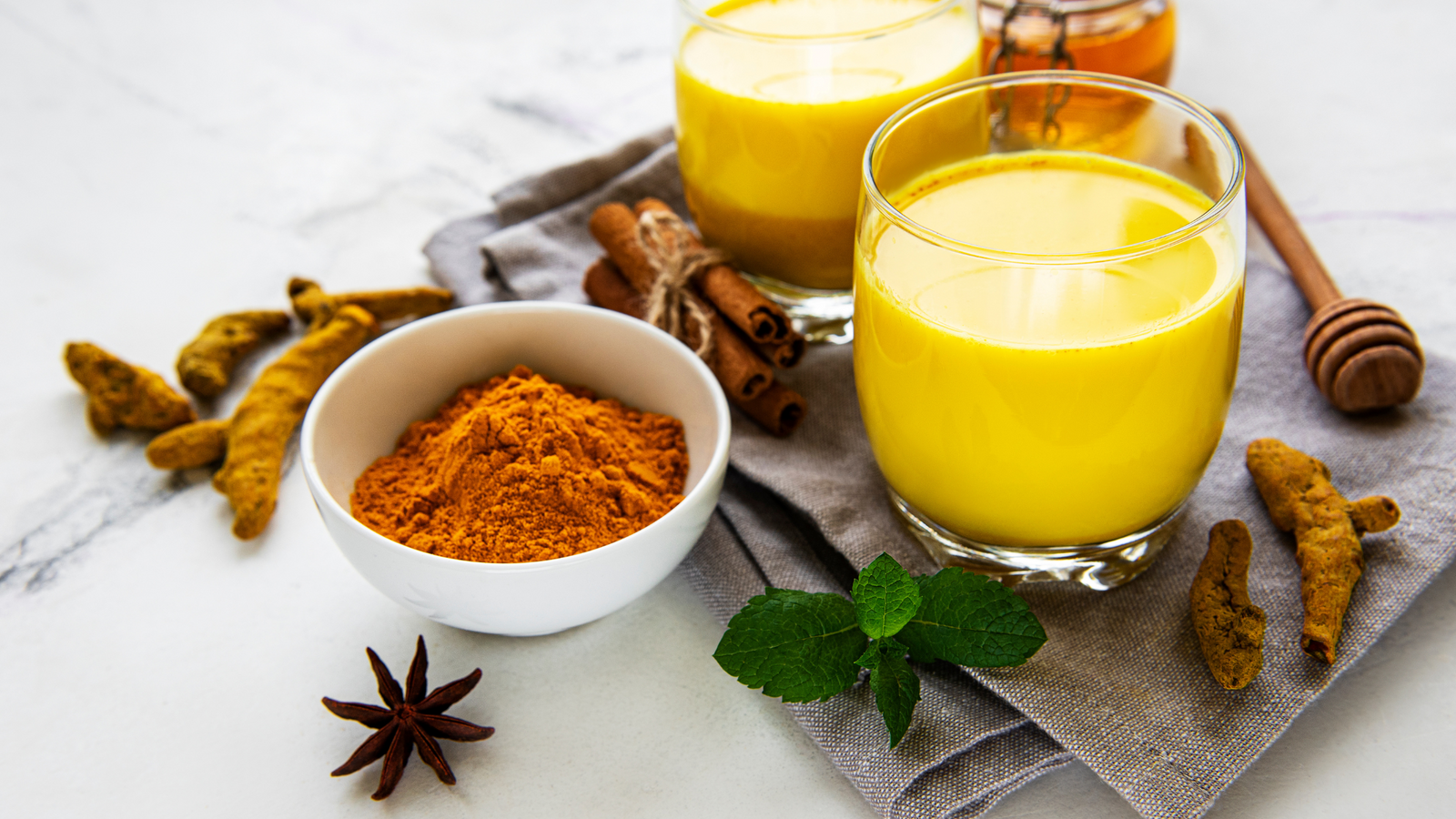Your Cart is Empty
Get €20 Off by subscribing to newsletter!
MedCline Gift card : offer from 50€ to 300€!
Get €20 Off by subscribing to newsletter!
MedCline Gift card : offer from 50€ to 300€!

The benefits of turmeric on GERD
Gastroesophageal reflux disease, commonly known as GERD, is a common digestive disorder that affects millions of people around the world. According to the European Comission, an estimated 20-30 million Europeans suffer from Gastroesophageal reflux disease every day. It is characterized by the involuntary backflow of stomach contents into the esophagus, causing a painful burning sensation, acid regurgitation, and other bothersome symptoms. While many medications (including PPIs) are available to relieve GERD symptoms, more and more people are turning to natural remedies, such as turmeric, to relieve this condition. In this article, we will explore the potential benefits of turmeric for gastroesophageal reflux disease. Continue reading or click directly on the part that interests you the most below.

Turmeric in brief
Turmeric is a bright yellow spice that comes from the root of the Curcuma longa plant. It is widely used in Indian and Asian cuisine for its distinctive flavor and medicinal properties. The main active compound in turmeric is curcumin, which has been widely studied due to its anti-inflammatory, antioxidant, and antimicrobial properties.
The potential benefits of turmeric for GERD
1. Reduction of inflammation
Curcumin present in turmeric is well known for its anti-inflammatory properties. GERD is often associated with inflammation of the esophagus due to irritation caused by stomach acids. Turmeric may help reduce this inflammation, thereby relieving GERD symptoms.
2. Improved digestion
Turmeric can stimulate the gallbladder to produce bile, which can promote better digestion of fats and proteins. Improved digestion can reduce pressure on the lower esophageal sphincter, which is often the culprit in GERD.
3. Protection of the gastric mucosa
Curcumin may help protect the gastric mucosa by strengthening the stomach's mucosal barrier. This can help prevent damage caused by stomach acid and thus reduce GERD episodes.
4. Symptom relief
Some people report a reduction in GERD symptoms after incorporating turmeric into their diet. This includes a reduction in heartburn, acid regurgitation, and general discomfort.
How to Use Turmeric for GERD
If you want to try turmeric to relieve GERD symptoms, here are some tips:
1. Add Turmeric to Your Diet
You can sprinkle turmeric in your dishes, whether savory or sweet, to benefit from its benefits. Turmeric is commonly used in Indian cuisine, but it can also be added to smoothies, soups and stews.
2. Take dietary supplements
If you prefer not to consume turmeric in the form of a spice, you can opt for food supplements based on curcumin. Be sure to consult a healthcare professional before taking any supplements, especially if you are undergoing medical treatment.
3. Beware of contraindications
Turmeric may interact with certain medications, such as blood thinners. If you are taking medication, consult your doctor before adding turmeric to your diet.

Recipe for anti-reflux Golden latte with turmeric
Golden latte or golden milk is a traditional Ayurvedic drink, also known as "haldi doodh" in India, which combines the benefits of turmeric with those of warm milk. This comforting drink may help relieve symptoms of gastroesophageal reflux disease (GERD) thanks to turmeric's anti-inflammatory and soothing properties. Here's how to prepare a delicious anti-reflux golden milk:
Ingredients
- 1 cup of milk (cow, almond, soy, oat, or any other milk of your choice)
- 1/2 teaspoon of turmeric powder
- 1/4 teaspoon ground black pepper (black pepper improves the absorption of curcumin, the active compound in turmeric)
- 1 teaspoon of honey (optional, to sweeten)
- 1 small pinch of powdered ginger (optional, to add flavor)
Instructions
1. In a small saucepan, pour the milk of your choice and heat it over low heat. Be careful not to bring it to a boil, but heat it until it is nice and hot.
2. While the milk is heating, add the turmeric powder and ground black pepper. Stir well to combine the ingredients.
3. Let the mixture heat for a few minutes, continuing to stir gently. This will allow the turmeric to release its active compounds.
4. Add honey to sweeten, if desired, and a small pinch of powdered ginger to add flavor. Mix until everything is well incorporated.
5. Remove the pan from the heat and let cool slightly.
6. Pour your golden milk into a cup and enjoy it slowly.
Tips
- If you prefer a vegan version, opt for a plant-based milk such as almond, soy, or oat milk.
- You can adjust the amount of turmeric according to your personal preference, increasing or decreasing the recommended amount.
- Make sure not to use an excessive amount of black pepper, as this can make the drink very spicy. A small pinch is enough.
- You can also customize your golden milk by adding other spices such as cinnamon, cardamom or vanilla for added flavor.
Turmeric Golden Milk is not only soothing for reflux, but it can also be a comforting drink that is beneficial to your overall well-being. However, if you have severe or chronic GERD, always consult a healthcare professional for appropriate treatment.

MedCline is part of this 100% natural relief approach thanks to the nocturnal anti-reflux system. This patented and clinically tested 3-in-1 device, elevates your bust by 15 to 20 degrees to limit acid reflux into the esophagus. The arm notch gives you all the comfort you need to sleep on your side, a position recommended by doctors to relieve GERD.



